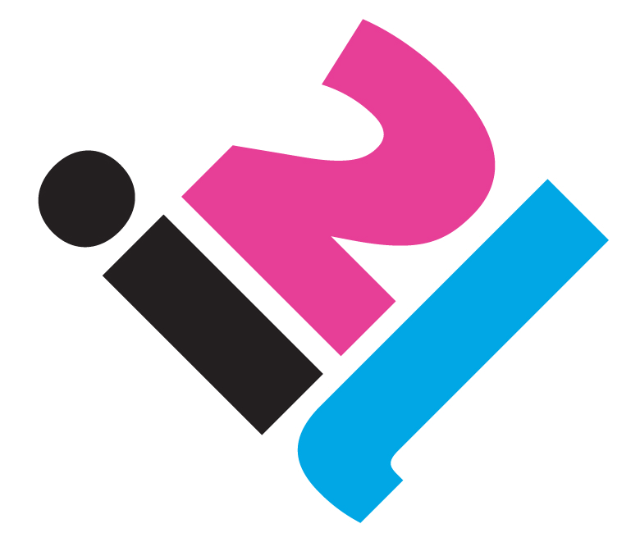by Clare M Smale, executive coach and supervisor
This week I had a really interesting exploration of the word ‘challenge’ with my coaching and supervision colleague Emma Ford. I am sharing some of the outcomes of that conversation here. I often get asked about the best way to challenge coaching clients or how to be challenging. I’ve also noticed that levels of challenge is a common supervision topic. As coaches and supervisors we often describe ourselves as ‘challenging’ our clients. But what does the word actually mean and how does it apply in our work?
Dictionary definitions – I thought this might be a good starting point, thanks to supervision I had myself a few months ago where my supervisor Angela, helped me explore my own approach to degrees of challenge in my work. Here are some definitions (taken form a range of sources) and some thoughts (in no particular order) presented in note form or as questions. Emma and I hope they provoke some interesting debate.
Challenge – A call to prove or justify
- Should supervisors ask coaches to prove their insurance / memberships / accreditations or take them at their word? I had a supervisee recently who claimed to be an accredited coach with a professional body, but when I checked their listing (because I was suspicious of their claims) I discovered they only held basic general membership. Is the supervisor’s role to then do something with this information – should it be challenged?
- Should supervisors ask to see their clients’ CPD records / PDPs?
- Should coaches ask their clients for proof of having achieved actions / goals?
- The question ‘why?’ seeks justification for something and has limited value – should be used with care. Whilst requiring justification can tap into or explore motivations, better questions might be what, how, when or who?
- Return on investment (evaluation) measures might require some form or proof or justification
- An ethical dilemma might explore whether to continue or stop a coaching relationship – this might require justification / proof that can be explored in supervision to support the final decision
Common proof / justifications questions we ask as coaches include
- Give me an example of….
- How might you choose x instead of y?
- Show me…
- What is true about that?
Challenge – dispute the truth / validity
- Exploring limiting assumptions and beliefs is commonplace in our work and maybe we simply don’t label this as challenge.
- By supporting clients to open their awareness to new possibility, states, thinking, actions and so on, coaching helps to dispute clients’ truths and current mental maps. Many coaching tools support the client to unlock potential or reframe situations, therefore challenging the current truth to create a new one.
Challenge – inviting a contest
- Group coaching / supervision tools can sometimes invite participants to create multiple ideas in competition against each other – in service of creativity rather than to seeking the ‘best’ or ‘correct’ idea which places judgement on the ideas.
- Do we do this without realising? Do we unwittingly seek to dominate or ‘out do’ our clients by knowing more / best / better. Being the expert inappropriately.
- Group members can start to advise or show off and this type of completion has to be managed by the coach / supervisor
- When might a coach / supervisor create competition in order to tap into motivation
- This phrase made us think of a fight – a metaphor we didn’t like very much and struggled to apply to coaching or supervision relationships
Challenge – testing ability / determination
Scoring commitment or motivation is a common approach
Coaching questions:
- How much do you want to achieve this?
- Out of 10 how committed are you to taking the step?
- How important is this to you?
- What skills and abilities are you missing in this area?
- What will happen if you do this?
- What will happen if you don’t do this?
- What won’t happen if you do this?
- What won’t happen if you don’t do this?
- Convince me
- Are you saying what you think I want to hear?
Challenge – expressing doubts / rights / truth
- We wondered what the potential pitfall might be hear about showing / making judgement in our work. How might we challenge in this way whilst remaining neutral? How might we prevent our own values and beliefs leading us to doubt something or question something as ‘right’.
- We discussed how contracting often generates a conversation about readiness to be coached or supervised. A common scenario came to mind of clients being ‘sent to coaching to be fixed’ by HR or their manager and how we explore / challenge this. Supervision requirements (such as internal coaching pool policies or accreditation standards) can mean supervisees might be going through the motions too – how to we express our doubts to these client
- We discussed our policies approach to cancelling session or ending a relationship if a client is a pattern of disengagement and lack of progress
- There are similarities to other definitions above, such as testing determination and motivation
Our final thoughts to bring out discussion to an end were:
- There is a spectrum of what ‘challenge’ means – assume nothing, seek clarity and create a joint understanding
- Everyone has a different sense of ‘challenge’ – what they see, hear and feel in response to the word shouldn’t be taken for granted in our work. We should ask better questions in contracting, such as:
What does challenge mean to you?
What type of challenge would you like?
The best challenge for you is like what?
How will I know if you are in comfort, stretch or panic?
What type of challenge will sabotage our work together?
How can challenge be positive?
- From all of the definitions above, inviting a contest was the most negative for us. The others all gave us a sense of resourcefulness in our work, robust coaching approaches and positive intent for client outcomes
- The key success factors are the quality of client relationships, remaining non-judgemental and paying attention to our tone of voice and physiology when offering challenge
We definitely took away from the conversation some clarity around the word challenge. We both felt that challenge is one of the aspects of coaching that distinguishes it from ‘a nice chat’. It adds purpose, meaning and growth by disputing the truth or validity of current perceptions and approaches. Our discussion ended with the conclusion that type of challenge and coaching (or supervision) styles are different for each person, so whilst it’s important to develop a broad knowledge and repertoire of methods, remember to be authentic about what our clients can expect from their work with us.
Emma and I would love to know what you might add to this – we only had an hour together and this topic would have provided many more fruitful avenues of exploration.
Clare Smale





